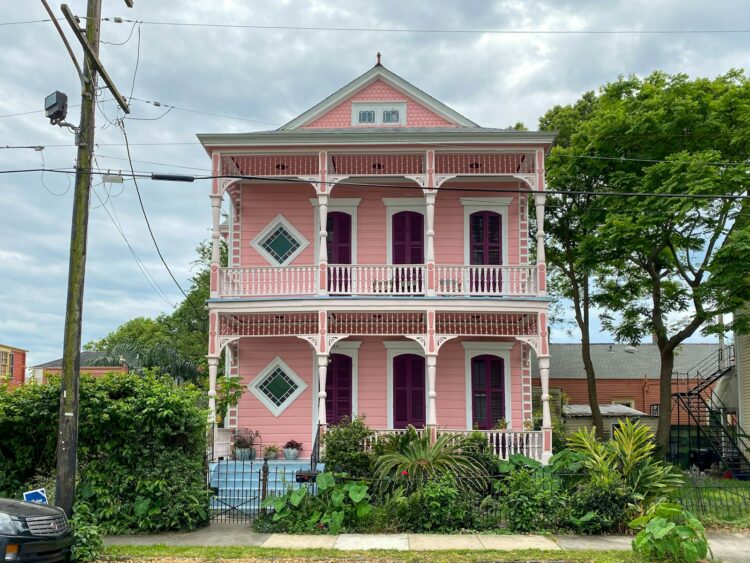
When it comes to property value, most homeowners focus on renovations, landscaping, or market trends. But did you know that your neighbors’ habits could also impact your home’s worth? From aesthetic choices to lifestyle habits, what happens next door may be hurting your investment. Here are 30 surprising ways your neighbors could be lowering your property’s value.
Poor Lawn Maintenance
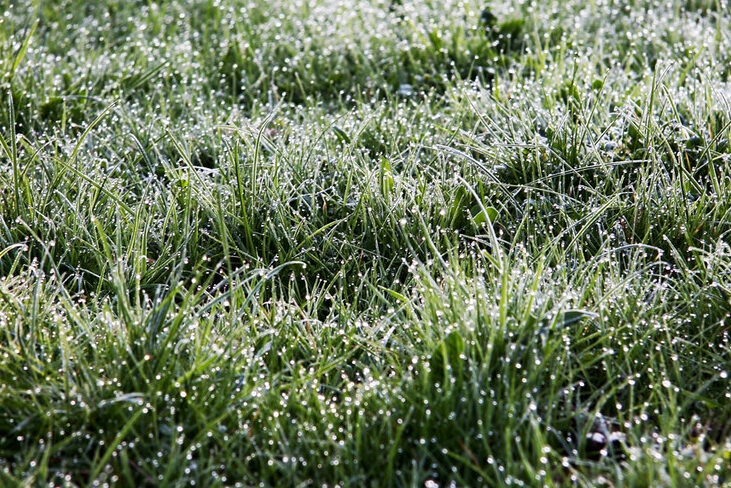
When neighbors neglect their lawn, it sends a message that they don’t care about the property. This not only impacts their home but also yours. Curb appeal plays a significant role in home value, and an unsightly lawn next door makes the whole neighborhood look less desirable, potentially causing buyers to undervalue your home or even skip viewing it altogether.
Excessive Noise

A neighborhood plagued by constant noise can quickly lose its charm. Whether it’s loud parties, barking dogs, or daily disturbances like loud music, excessive noise impacts the quality of life. Buyers considering your home will be turned off by the thought of living in a place where they can’t find peace and quiet. They might worry about future disruptions and reconsider their interest, especially if they have young children, or work from home.
Junk Piles

Neighbors who treat their yard like a personal storage unit filled with old cars, broken appliances, or heaps of miscellaneous junk create a visual distraction that’s hard to ignore. It gives the impression that the neighborhood is run-down and not well-maintained. Even if your property is immaculate, buyers may assume that living next to such clutter will bring challenges, including pests, unpleasant views, and lower neighborhood standards.
Visible Home Repairs Left Unfinished
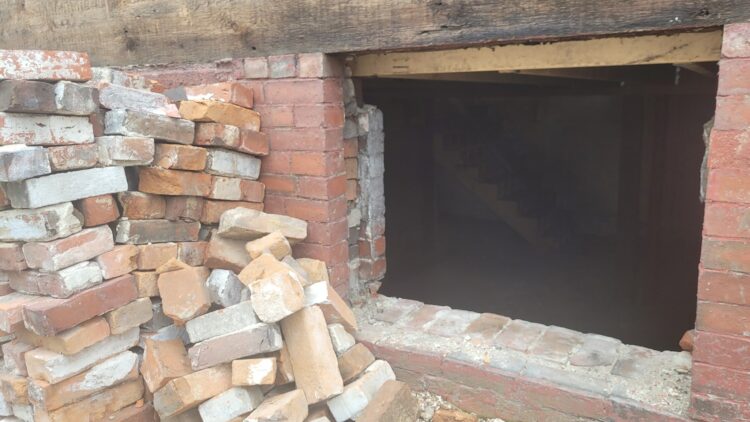
Unfinished home repairs, like peeling paint, half-installed windows, or broken steps, are a red flag for prospective buyers. Even if your home is in top condition, buyers will question the level of care in the neighborhood. They may assume that if one home is neglected, others could be too. Worse, they might worry that nearby unfinished repairs could lead to future structural issues or be an indication of financial instability in the neighborhood.
Frequent Street Parking
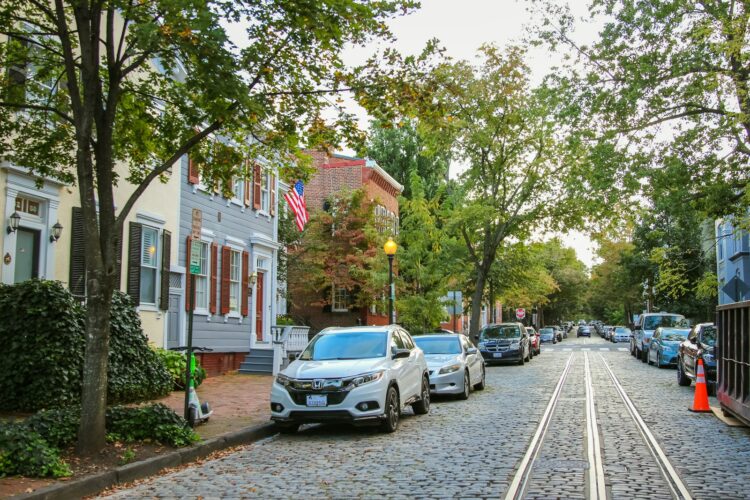
Street parking is a convenience for some, but when neighbors constantly park in front of their homes or yours, it can create congestion and frustration. Prospective buyers could feel that the neighborhood lacks adequate space, or they may worry about the difficulty of hosting guests or even parking their own vehicles.
Loud Pets

Constant noise from barking dogs, squawking birds, or any other loud pets is not only annoying but can also signal a lack of control or consideration from the pet owners. Buyers with pets or children will worry about the stress this could cause, while others may view the neighborhood as being less peaceful. Even potential buyers who are animal lovers may feel hesitant if the noise level seems unbearable.
Unkempt Fencing
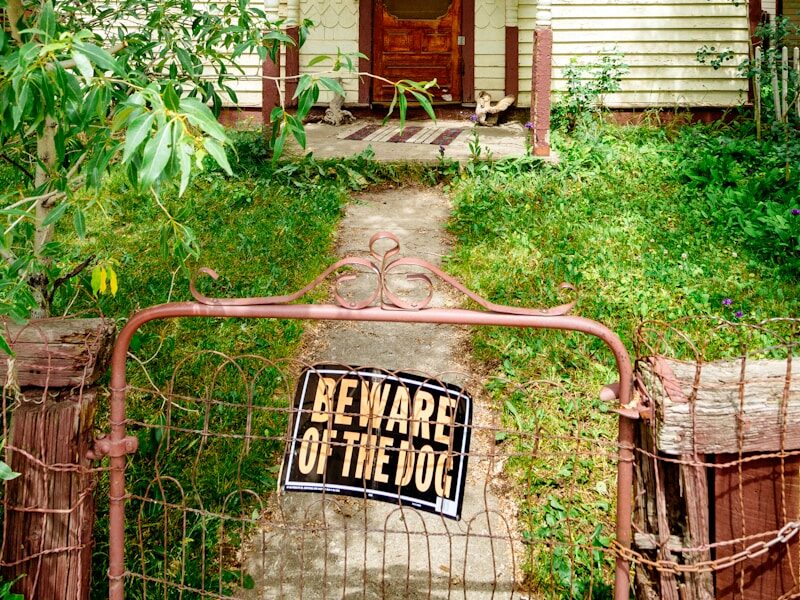
Fences are often shared structures between properties, and when a neighbor’s fence is damaged or neglected, it reflects poorly on both homes. Missing slats, rusted metal, or peeling paint can make the entire area feel run-down. Buyers will be wary of potential repair costs or even disputes about who is responsible for fixing the fence, making them less likely to make a competitive offer.
Illegal Activities
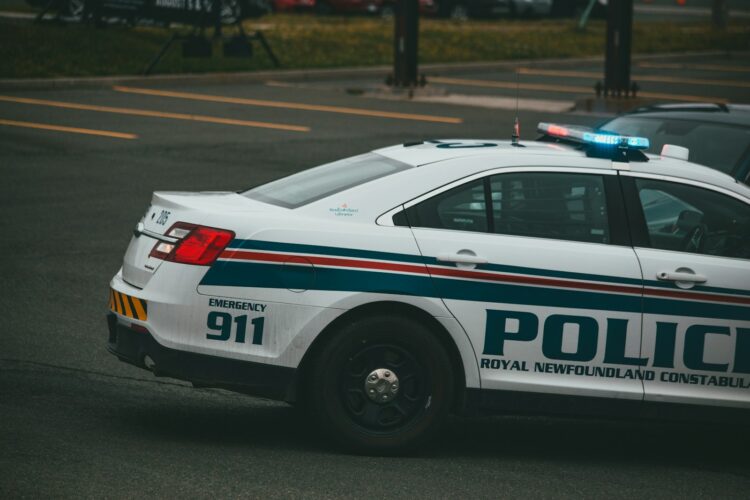
If neighbors are engaging in illegal activities, it can ruin the reputation of the entire neighborhood. Crime statistics are easily accessible to prospective buyers, and if illegal activity is linked to your area, buyers will avoid it, causing property values to drop. Even rumors of such activities can be enough to scare off buyers, as safety is often the top concern when choosing a home.
Unlicensed Home Businesses
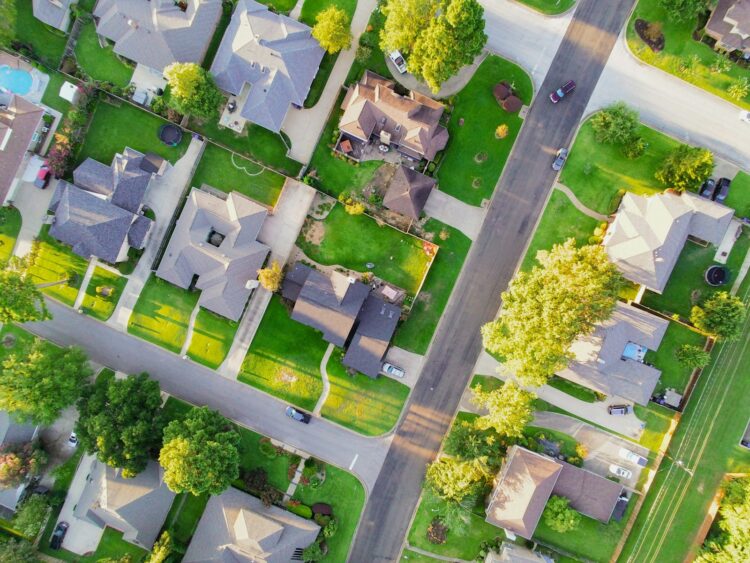
Neighbors running unauthorized or unregulated businesses from their homes can cause a variety of issues, including noise, increased traffic, and even safety concerns. Whether it’s a mechanic shop, rental service, or daycare, home businesses bring commercial activity to a residential area, which can be off-putting to buyers who are looking for peace and quiet.
Frequent Yard Sales
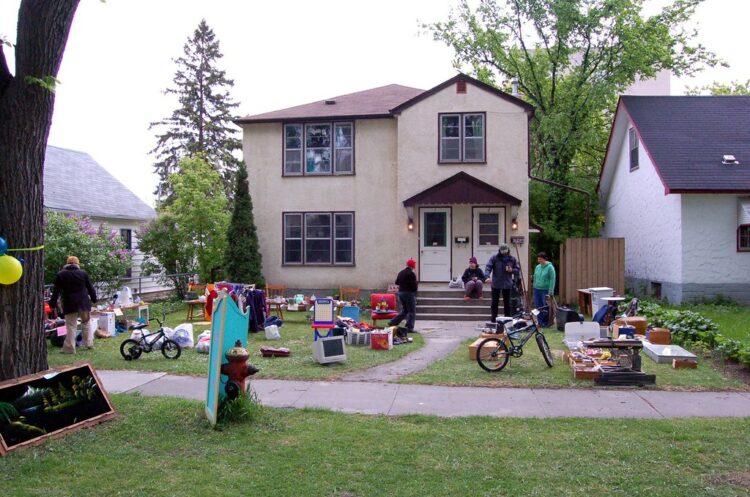
While the occasional yard sale is harmless, neighbors who seem to hold one every weekend can create a feeling of chaos. Yard sales bring extra traffic, parking issues, and clutter, all of which can make a neighborhood look unstable. Buyers may assume that there is financial instability among residents, or they may simply be put off by the busy, unkempt look that frequent yard sales create.
Inconsistent Exterior Lighting
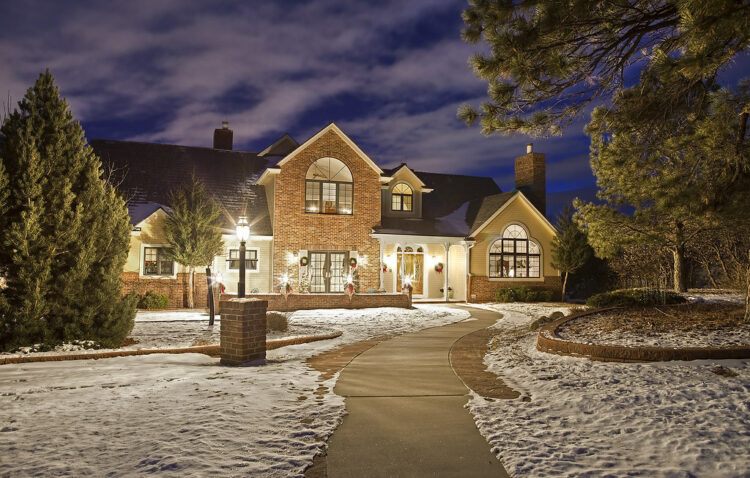
A neighbor with too much outdoor lighting—such as glaring floodlights that illuminate their yard and beyond—can make the area feel harsh and unwelcoming. On the other hand, too little lighting creates a safety concern, as dark streets are less appealing to buyers who prioritize security. Buyers might be turned off by the idea of needing to address these lighting issues after they move in.
Visible Trash Bins
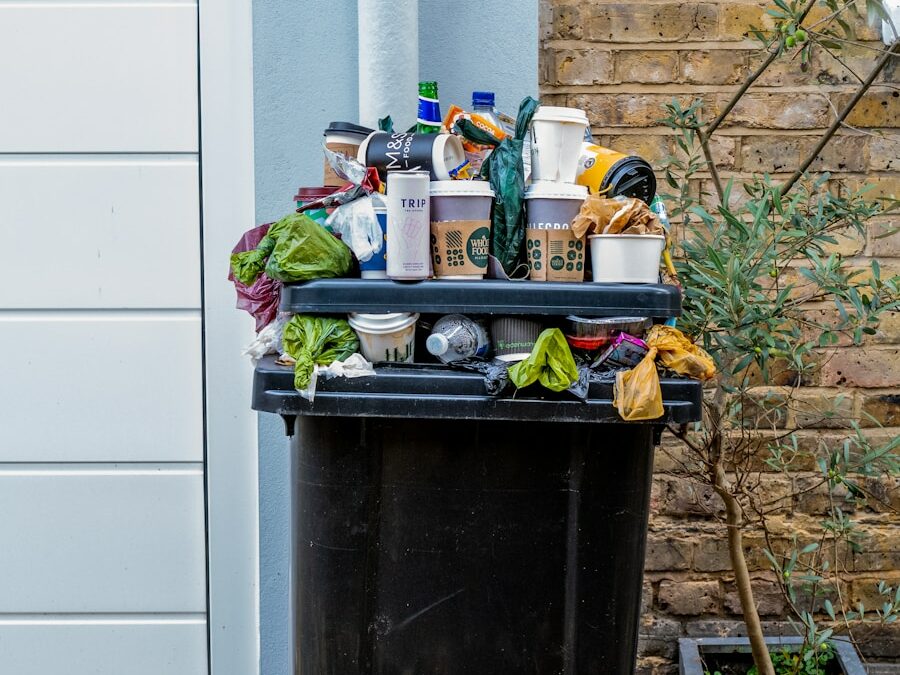
Neighbors who leave trash bins out long after collection day or let garbage pile up in their yard create an unsanitary and unappealing environment. This can attract pests like rodents or insects, which could become a problem for your property as well. Buyers will be put off by the sight of neglected trash and may question the cleanliness and community standards of the neighborhood.
Poorly Maintained Roofs
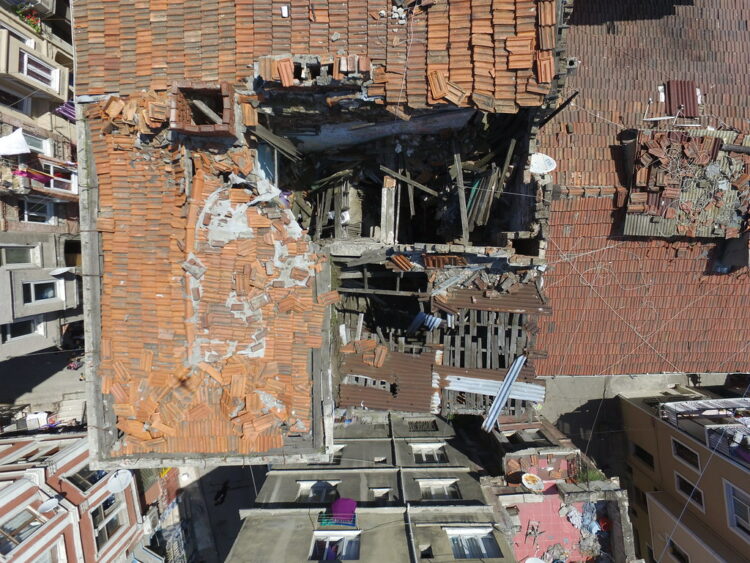
A damaged or poorly maintained roof on a neighboring home can signal larger issues of neglect. If buyers see a roof with missing shingles, sagging gutters, or visible signs of disrepair, they may worry that the entire neighborhood is on the decline. A poorly kept roof not only detracts from curb appeal but also suggests that the property owner lacks the resources or commitment to upkeep, which reflects poorly on surrounding homes.
Invasive Landscaping
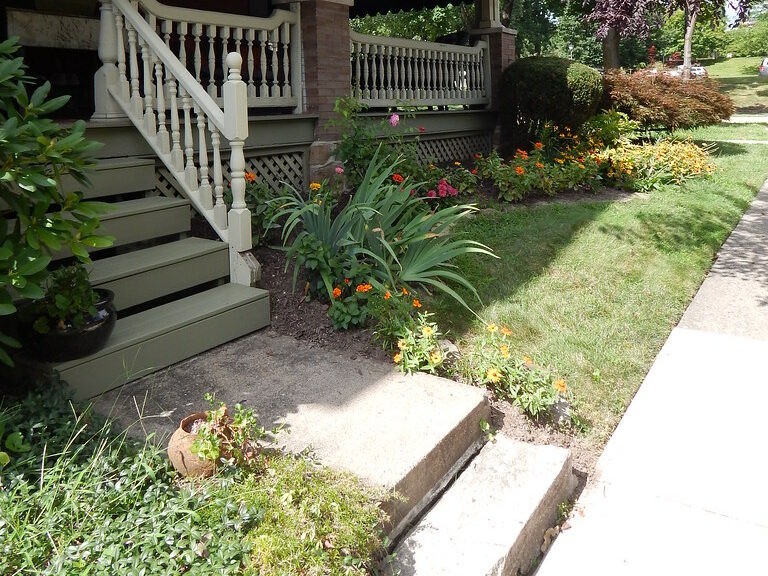
When a neighbor’s trees, bushes, or other landscaping grow into your yard, it creates an immediate hassle for maintenance. Buyers may be turned off by the idea of having to trim or deal with invasive plants from next door. Overgrown trees and bushes can also block natural light, damage fences, or attract pests, which may cause potential buyers to think twice about purchasing your home.
Offensive Lawn Decorations

Neighbors with excessive or overly personal lawn decorations—such as political signs, religious displays, or tacky figurines—can turn off buyers who are seeking a more neutral environment. While everyone has the right to decorate their yard, buyers may feel uncomfortable living near homes that have displays they disagree with or find distasteful. This can lower the appeal of the entire neighborhood.
Broken Windows

A home with broken or boarded-up windows is an immediate red flag to buyers. Even if your property is in excellent condition, a neighboring home with visible damage, like broken windows, can suggest a lack of safety or a deteriorating community. Buyers may worry about the potential for crime, vandalism, or a general decline in the area, all of which could impact your property’s value.
Overuse of Security Systems
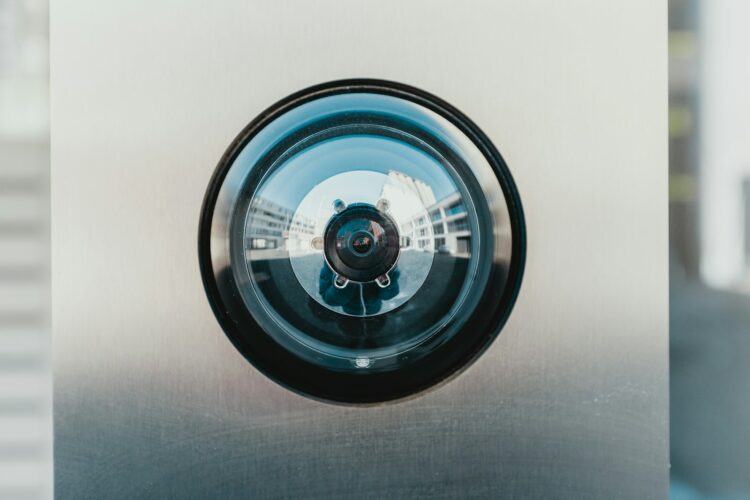
Neighbors with excessive security measures, such as numerous surveillance cameras, large fences, or constant alarm signs, can create the impression that the neighborhood is unsafe. Buyers want to feel secure in their new home, but too many visible security systems may suggest that crime is an issue in the area, even if it’s not.
Uncontrolled Weeds

A yard overrun with weeds suggests neglect and a lack of care. When neighboring properties are overgrown with weeds, it makes the entire neighborhood feel poorly maintained. Buyers may worry that they’ll have to put in extra work to keep weeds from spreading to their own property, making them less likely to invest in a home next door.
Frequent Construction Noise
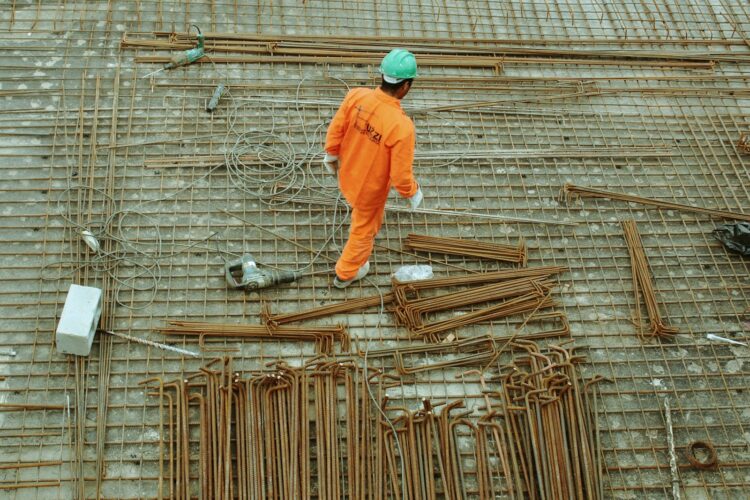
If your neighbor is constantly doing renovations or construction projects, the noise and disruption can be a major turn-off for potential buyers. Constant construction not only disturbs the peace but can also raise concerns about long-term neighborhood stability. Buyers may think that they’ll be moving into an area where there’s always noise and traffic from ongoing projects.
Cluttered Driveways
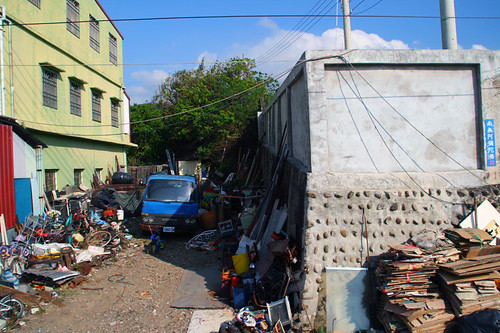
Neighbors who use their driveways for storage—whether it’s cars, boats, or miscellaneous items—make the area look disorganized and messy. Buyers who value space and cleanliness will be deterred by a cluttered, chaotic environment.Even if your driveway is tidy, the overall perception of the neighborhood can suffer, reducing the appeal of your home.
Too Many Visitors
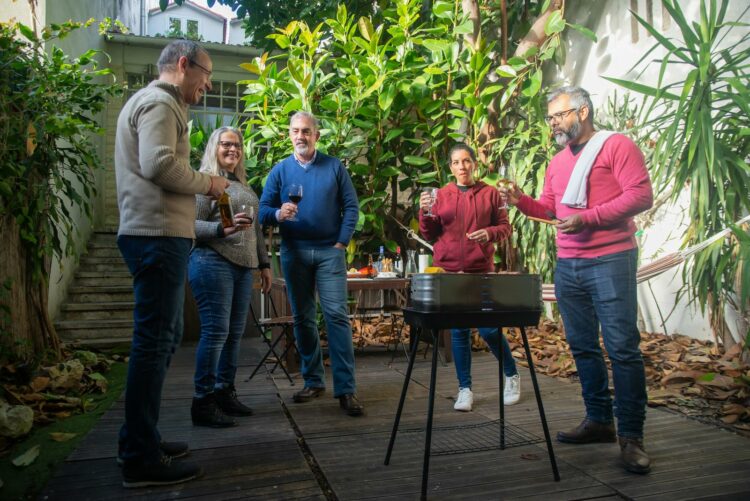
Neighbors who often host large gatherings, parties, or constant visitors can create an overly busy and noisy environment. Buyers who value privacy or a quiet lifestyle may be put off by the idea of living next to a social hub. They may worry about parking issues, noise, and the lack of personal space, all of which can make your home seem less desirable.
Dilapidated Sheds or Garages
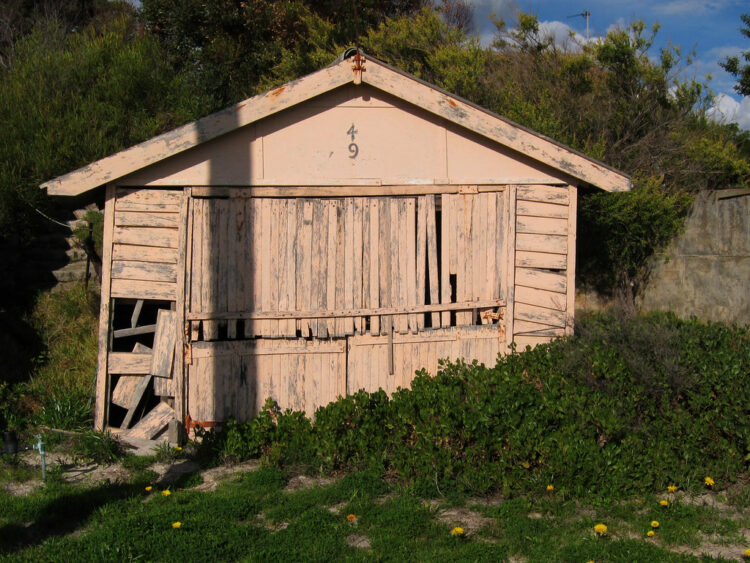
A neighbor with a run-down shed or garage can make your entire property feel less appealing. These outbuildings are often visible from multiple properties, and a shed with peeling paint, broken doors, or structural issues signals that the neighborhood isn’t well-maintained. Buyers will be concerned about the upkeep of surrounding homes, which can lower the perceived value of your property.
Excessive Holiday Decorations
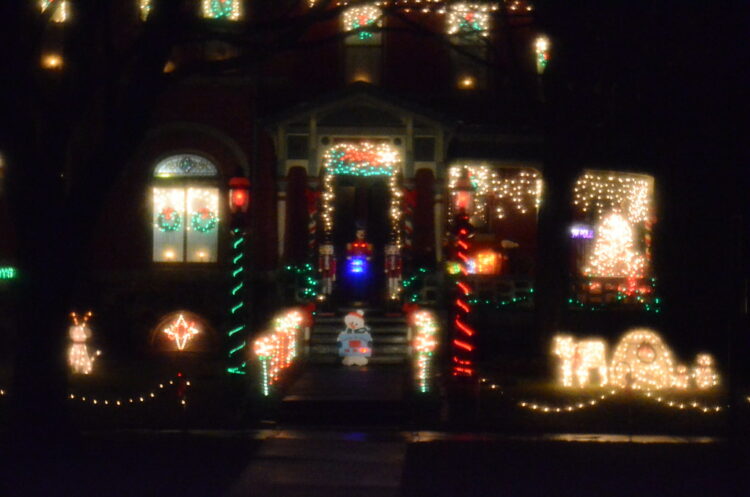
While some buyers love festive decorations, others may be put off by a neighbor who goes overboard. Too many lights, inflatables, or elaborate displays can make a neighborhood feel chaotic or overly commercialized. Buyers looking for a quiet, understated community may shy away from areas where neighbors over-decorate, especially if it’s clear that such displays happen frequently.
Visible Firewood or Construction Materials

Neighbors who leave piles of firewood, construction debris, or other materials in their yard or driveway create a messy and unfinished look for the area. Even if they are planning to use the materials, buyers may perceive this as a sign of a poorly maintained neighborhood. Visible clutter, especially construction materials, can make buyers think twice about the overall appeal of the area.
Unauthorized Rental Properties
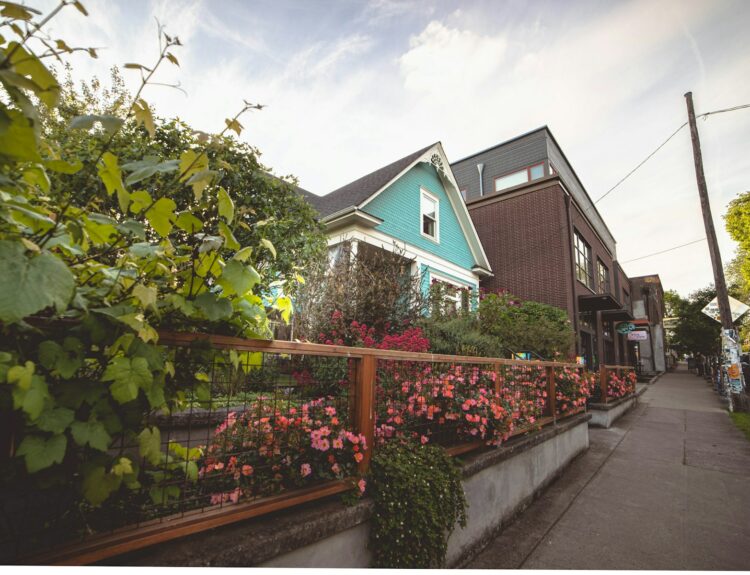
If a neighbor rents out their home or rooms without proper licensing or permits, it can bring a range of issues. Short-term tenants, especially from vacation rentals, can lead to increased noise, parking problems, and a lack of community feel. Buyers looking for a stable, family-oriented neighborhood might be turned off by the idea of living next to a revolving door of tenants who don’t have a long-term commitment to the area.
Unfenced Pools

Neighbors with pools that aren’t properly fenced or maintained pose a safety risk. Buyers with children, in particular, will worry about the potential hazards, especially if the pool is visible and easily accessible. Even if the pool is clean and well-maintained, the lack of fencing can cause legal concerns or require the new homeowner to install one themselves. Buyers may see this as an added expense or worry about future liability issues, making your property less appealing.
Broken Sidewalks
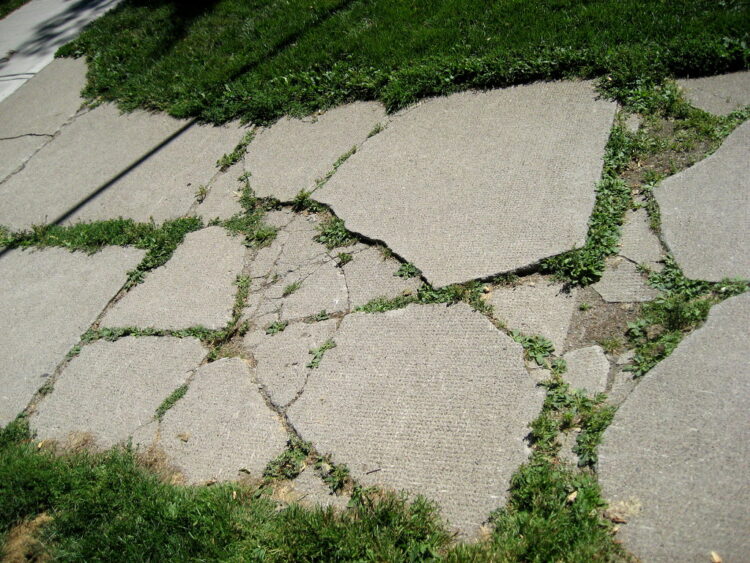
A cracked, uneven, or poorly maintained sidewalk in front of a neighbor’s home can make the whole street look neglected. Buyers will worry about the safety risks of tripping hazards, especially if they have young children or elderly family members. Even though the sidewalk may technically be the city’s responsibility, buyers may question whether the neighborhood receives enough attention from local authorities. Poor infrastructure can lower the perceived desirability of the area, affecting property values.
Smoking

Neighbors who frequently smoke outdoors, especially if they leave cigarette butts in their yard or smoke near shared property lines, can be a huge turn-off for potential buyers. The lingering smell of smoke or the sight of discarded cigarette butts detracts from the cleanliness and appeal of the neighborhood. Buyers who are sensitive to smoke or have children will be particularly concerned about secondhand smoke exposure.
Political Signs

Neighbors with highly visible or polarizing political signs can create a divisive atmosphere that makes buyers uncomfortable. Even if buyers share the same political beliefs, they might worry about future conflicts or disagreements with neighbors who display their views so openly. A neighborhood that appears politically charged or divided may feel less welcoming to buyers who are looking for a peaceful and neutral environment.
Frequent Complaints to Authorities

If a neighbor is known for frequently filing complaints with local authorities—whether about noise, parking, or other minor issues—it can create a sense of hostility in the neighborhood. Buyers may worry that they could become the next target of such complaints or get caught up in neighborhood disputes. A neighbor who is perceived as difficult or litigious can make the area feel unwelcoming and reduce its appeal to prospective buyers.

